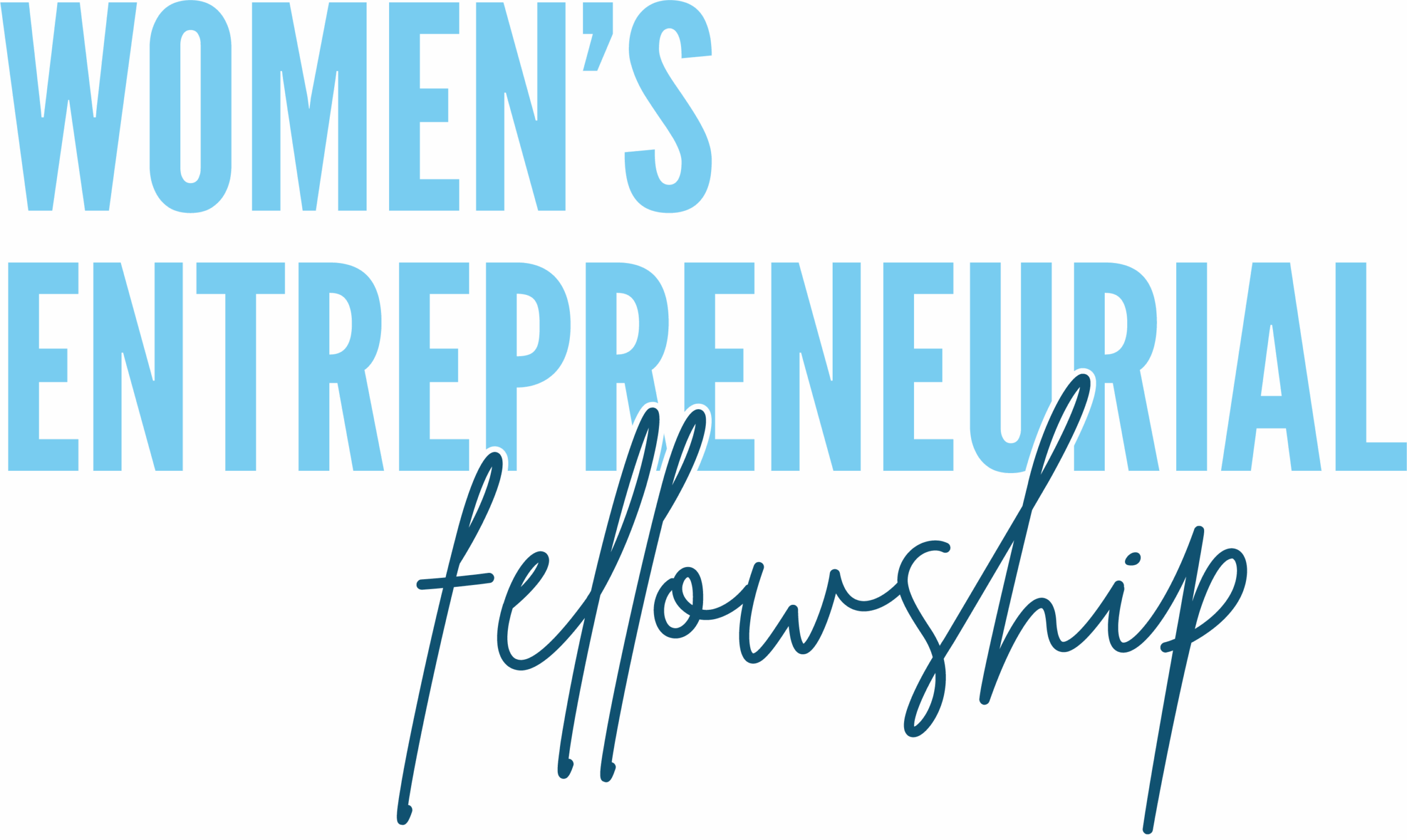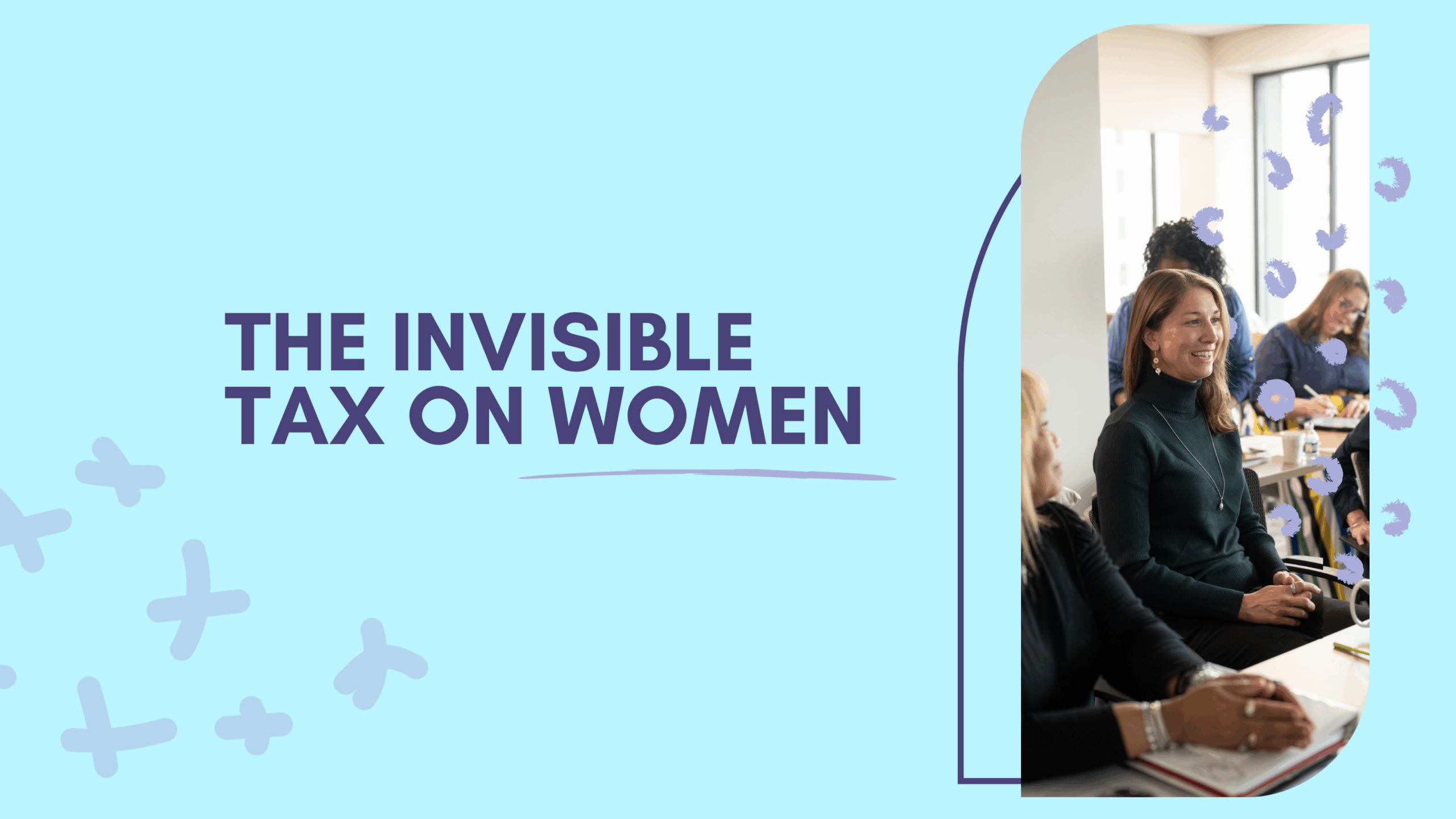When a woman CEO needs growth capital, she compiles three years of tax returns, completes Personal Financial Statements, and prepares detailed projections before a bank will schedule a meeting. Her male competitor discusses the same credit line over drinks at the country club, where documentation comes up after the handshake, if at all.
After 18 years in business, I’ve watched this pattern repeat across industries, states, and decades. Now, as program director of the Women’s Entrepreneurial Fellowship, I see it magnified through the experiences of dozens of established women business owners who face the same systemic barriers to growth.
These women manage million-dollar operations, lead teams, and make complex strategic decisions while navigating systematic barriers male competitors never face.
We need to stop asking women to be more resilient and start asking systems to be less biased.
The Hidden Tax on Growth
Every woman running an established business pays an invisible tax that compounds over time. The extra documentation required for funding applications means less time for strategic planning. The constant calculation of whether assertiveness will be labeled “aggressive” creates decision fatigue that has nothing to do with business fundamentals. The need to bring male colleagues to certain meetings for credibility means navigating complex power dynamics within your own team.
This tax shows up everywhere. Women business owners report signing emails with initials instead of first names to get faster vendor responses. They share stories of banks calling husbands about business credit lines, even when those husbands have no ownership or involvement in the company. They describe scheduling important calls during school hours to avoid questions about childcare that male peers never face.
These aren’t isolated incidents; they’re patterns reflecting systematic bias embedded in business practices and they have real consequences for growth, innovation, and economic development.
It’s Hurting the Economy
Women own 44% of all small businesses in this country and generate $2.7 trillion annually. If women-owned businesses earned the same average revenue as men, they would add $10.2 trillion to the U.S. economy, because behind every underfunded woman-owned business are jobs never created, innovations never reaching market, and talented women leaving entrepreneurship because additional barriers finally outweigh their passion for building something meaningful.
Real change requires institutional honesty and action. Financial institutions must examine their lending patterns with the same rigor they apply to loan applications. Investment firms claiming to value diversity need to move beyond lip service and actually fund women-led companies. Economic development organizations must design programs addressing the specific challenges of scaling while female, not just offering generic business education, assuming all entrepreneurs face identical obstacles.
The Women’s Entrepreneurial Fellowship, operated by the SBAM Foundation and funded through the Michigan Economic Development Corporation‘s Small Business Support Hub Grant, provides temporary relief from these barriers. It creates space where competence is assumed, strategies emphasize growth rather than justification, and isolation is diminished through connections with peers who share similar experiences.
Women business owners don’t need remediation; we need recognition that the systems making everything harder are the things needing fixing.
Until those systems change, we’ll continue building our own networks, creating our own opportunities, and supporting each other through challenges that shouldn’t exist in 2025, but do.
About the Author: Kim Bode is the Program Director of the Women’s Entrepreneurial Fellowship and founder of 8THIRTYFOUR Integrated Communications, a woman-owned small business recognized as one of Michigan’s 50 Companies to Watch, Women-owned Small Business of the Year, and as a Forbes Top 200 PR Firms.

